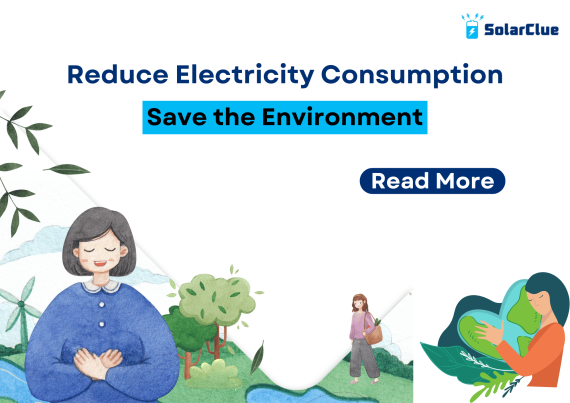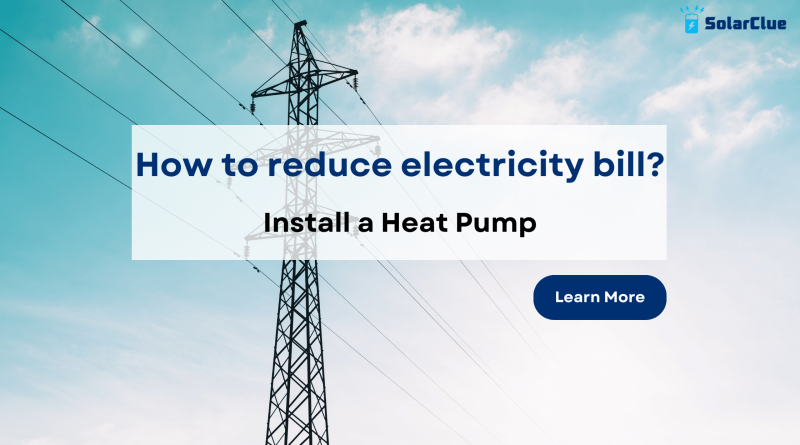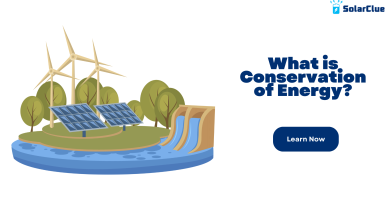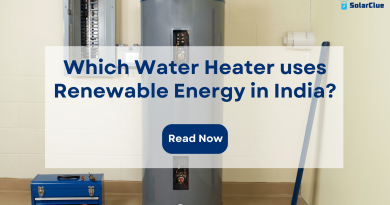How to reduce electricity bill – Install a Heat Pump System
Do you wonder how to reduce electricity bill? It can happen if you use appliances that consume less electricity. In this blog, we will discuss a device which will bring down your monthly utility bill. Let’s get started!
Table of Contents
Why is it Important to Reduce Electricity Consumption?
Conserving electricity is not just about reducing the high monthly expenses. They have more bad impacts:
1. High Costs
With rising electricity tariffs, the cost of power has become a significant burden for many households in India. Reducing electricity consumption directly translates to lower monthly utility bills, freeing up funds that can be allocated towards other essential expenses or savings. Even small reductions in usage can accumulate into substantial cost savings over time.
2. Environmental Impact

The production of electricity, especially from conventional sources like coal-fired power plants, has a detrimental impact on the environment. The burning of fossil fuels releases harmful greenhouse gases, such as carbon dioxide and methane, into the atmosphere, contributing to global warming and climate change. Additionally, the mining and transportation of coal and other fuel sources can lead to air and water pollution, habitat destruction, and other ecological disturbances. By reducing electricity demand, we can lower the reliance on polluting power sources, mitigating their negative environmental consequences.
3. Resource Conservation
Electricity generation consumes vast amounts of natural resources, many of which are non-renewable and finite. Coal, natural gas, and oil, the primary fuel sources for power plants, are limited and their extraction and consumption deplete the earth’s reserves. Furthermore, the construction and operation of power plants and associated infrastructure require substantial quantities of water, metals, and other materials. Conserving electricity helps to extend the lifespan of these valuable resources, ensuring their availability for future generations.
4. Energy Security
India relies heavily on imported fossil fuels to meet its energy needs, making the country vulnerable to price fluctuations and supply disruptions in the global market. By reducing electricity demand, India can decrease its dependence on imported fuels, enhancing its energy security and insulating itself from external factors that can impact the stability and affordability of its energy supply. This increased self-reliance can contribute to economic resilience and national security.
How to Reduce Your Electricity Bill at Home?
There are many devices in your home that uses a lot of electricity to operate. These lead to the high monthly electricity bills. One such appliance would be a water heater in our homes. Every Indian household use water heaters, specifically in winter. These water heaters consume lot of electricity. Instead of the traditional water heaters like geysers, you install a heat pump in your home. This is how to reduce electric bill in winter.
So, you need to adopt energy efficient devices, which uses less electricity. It will not only be cost-effective, but also good for the environment.
What is a Heat Pump, and How Does It Work?
A heat pump is an energy-efficient alternative to traditional geysers for water heating. It consists of three main components:
- Exhaust Fan: Draws in air from the surroundings.
- Compressor: Compresses the air, raising its temperature.
- Storage Tank: Stores and transfers the heat from the compressed air to the water.
This process consumes far less electricity than conventional geysers that rely on resistive heating, making heat pumps highly efficient and cost-effective in the long run.
What Are the Other Benefits of a Heat Pump?
1. Cost-Effective
While the initial investment for a heat pump water heater may be higher than a traditional electric geyser, the long-term savings on electricity bills make them a cost-effective choice. Since heat pumps operate by transferring heat from the surrounding air rather than generating it directly, they consume significantly less electricity. This translates to substantial savings on monthly utility bills, allowing the initial cost to be recovered within a few years. Additionally, many regions offer tax credits or rebates for installing energy-efficient appliances like heat pump water heaters, further reducing the overall cost.
2. Long Lifespan
Heat pump water heaters are designed to be durable and long-lasting. With proper maintenance, such as regular filter cleaning and periodic inspections, a high-quality heat pump water heater can have a lifespan of 10-15 years, or even longer. This is significantly longer than the average lifespan of a traditional electric geyser, which typically needs replacement after 8-10 years. The longevity of heat pump water heaters contributes to their overall cost-effectiveness, as you won’t need to replace them as frequently, saving you money in the long run.
3. Reduced Water Wastage
One common misconception about heat pump water heaters is that they may not perform well in colder climates. However, modern heat pump water heaters are designed to be efficient even in low temperatures. They can effectively extract heat from the surrounding air, even when the temperature drops below freezing. This makes heat pump water heaters a viable and energy-efficient option for hot water needs in various climates, including colder regions.
4. Positive Environmental Impact
By consuming less electricity than conventional water heaters, heat pump models have a much smaller carbon footprint. This reduced energy consumption translates into lower greenhouse gas emissions, making heat pump water heaters an eco-friendly choice for environmentally conscious homeowners. Additionally, the absence of combustion in their operation eliminates the release of harmful pollutants into the air, further contributing to a cleaner environment.
5. Efficient in Cold Climates
Unlike traditional water heaters, whose efficiency can be impacted by colder temperatures, heat pump water heaters are designed to maintain their high efficiency even in cold climates. This is achieved through advanced technologies that allow the heat pump to extract heat from the surrounding air or ground, even at lower temperatures. As a result, homeowners in colder regions can benefit from consistent hot water supply without compromising energy efficiency.
Conclusion
Installing a heat pump is one of the best ways of how to reduce electricity bill at your home. It is the best investment for now. It is very efficient in meeting your daily hot water needs. This will also contribute towards a sustainable living for the future generations.
Visit SolarClue® to see the best heat pump water heaters. SolarClue® is an online marketplace where solar energy products are sold at discounts up to 50%.




